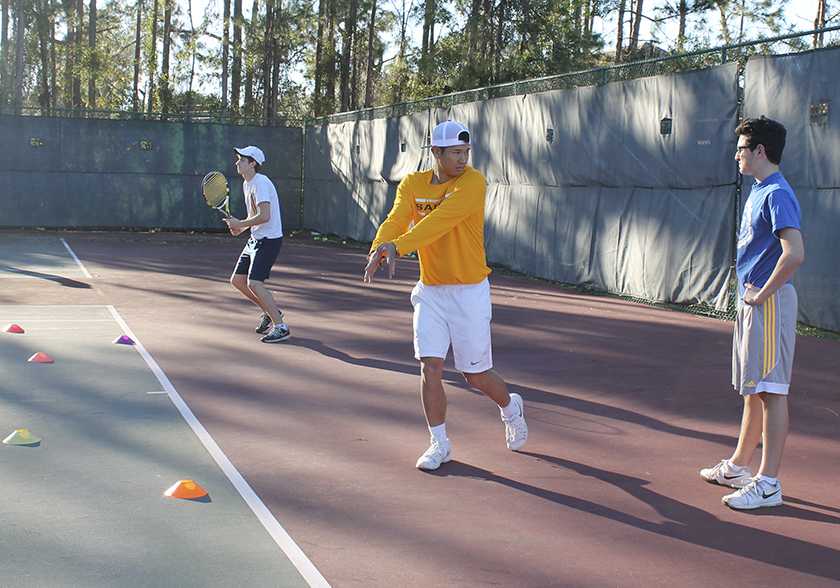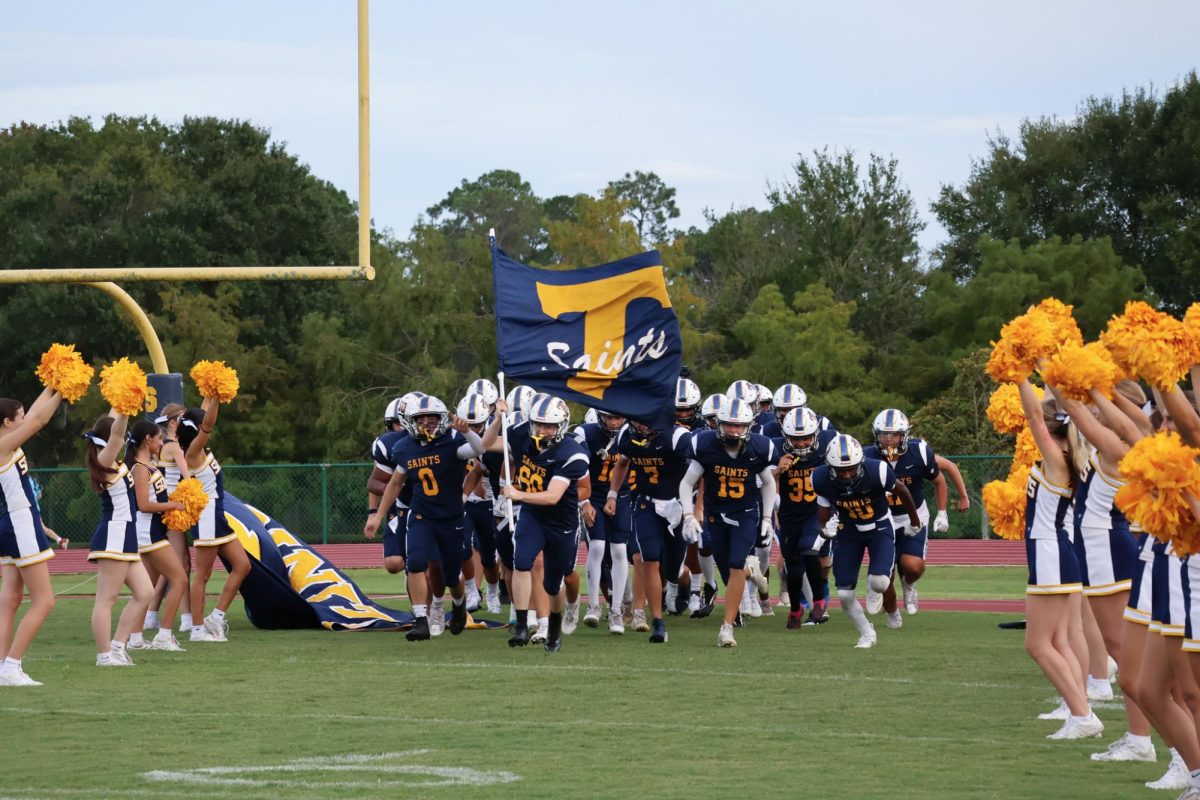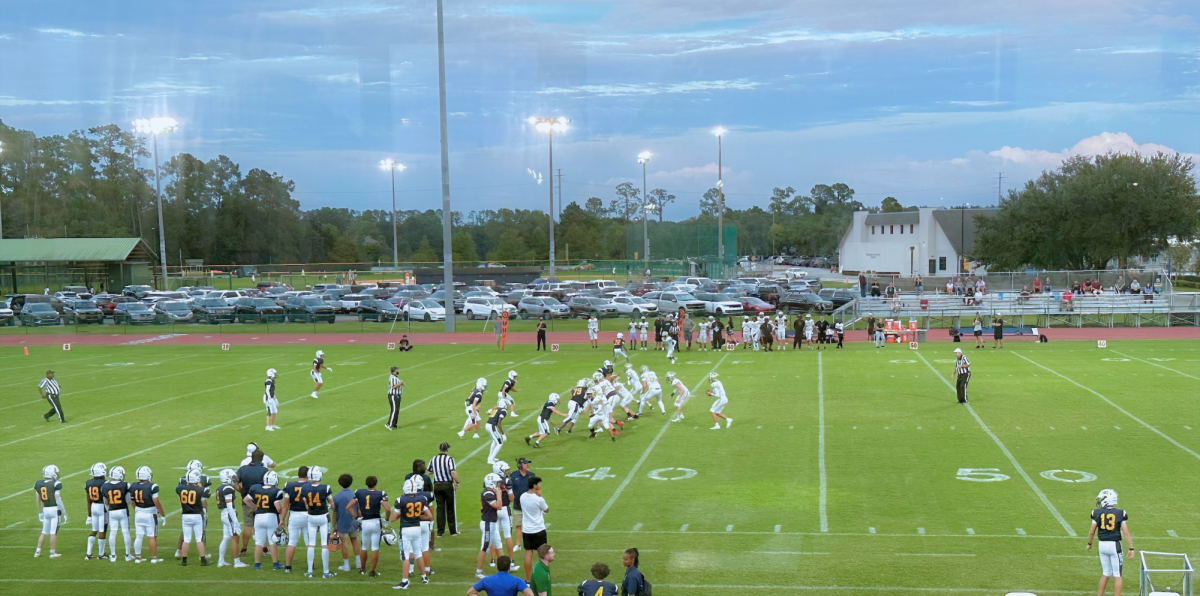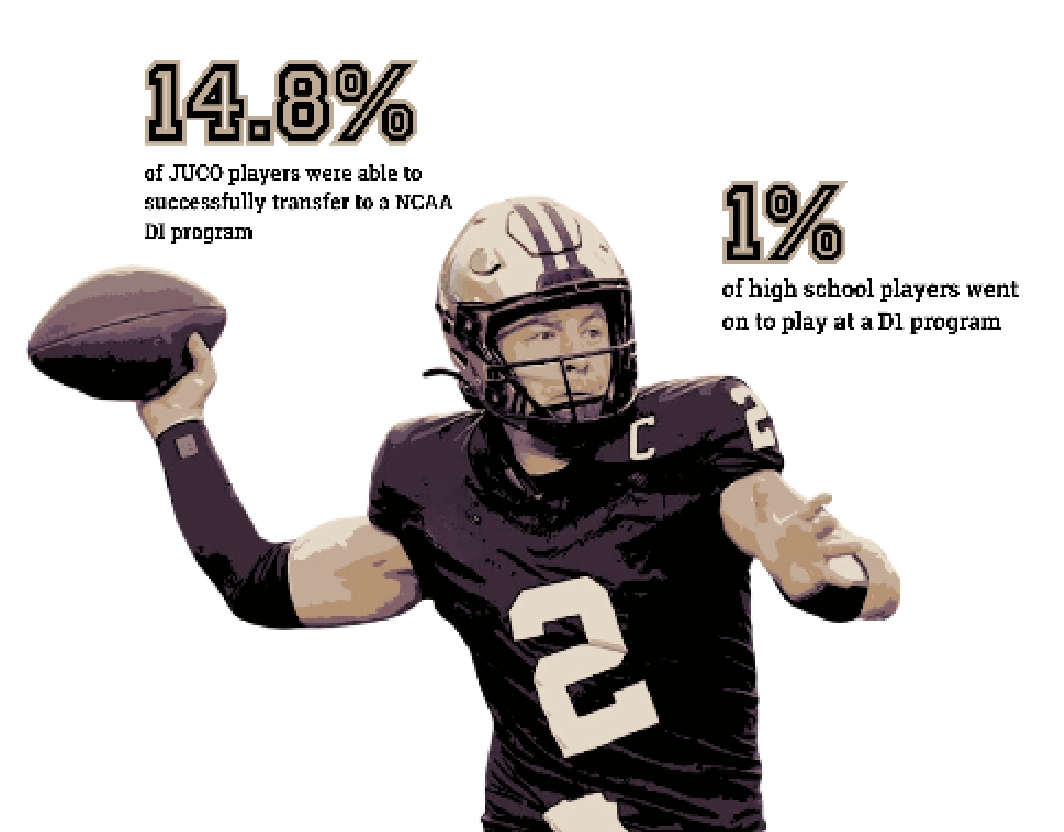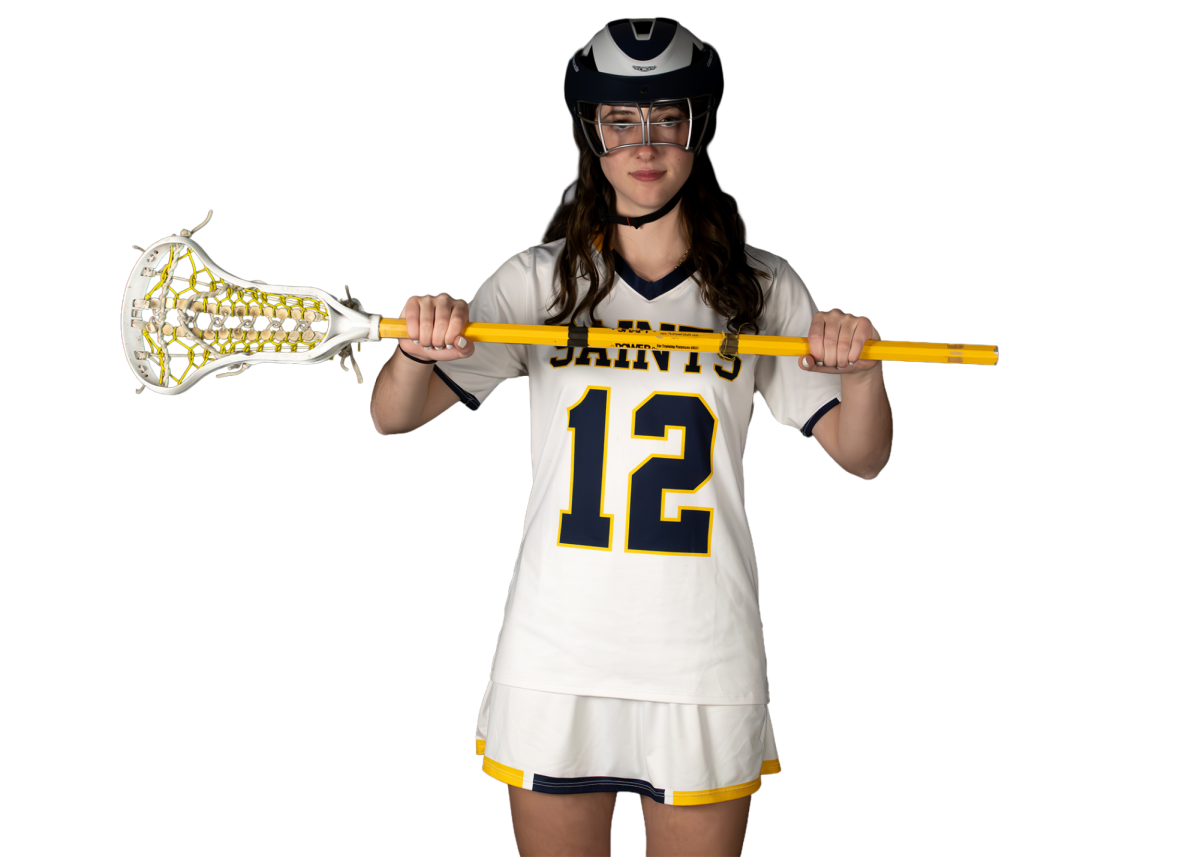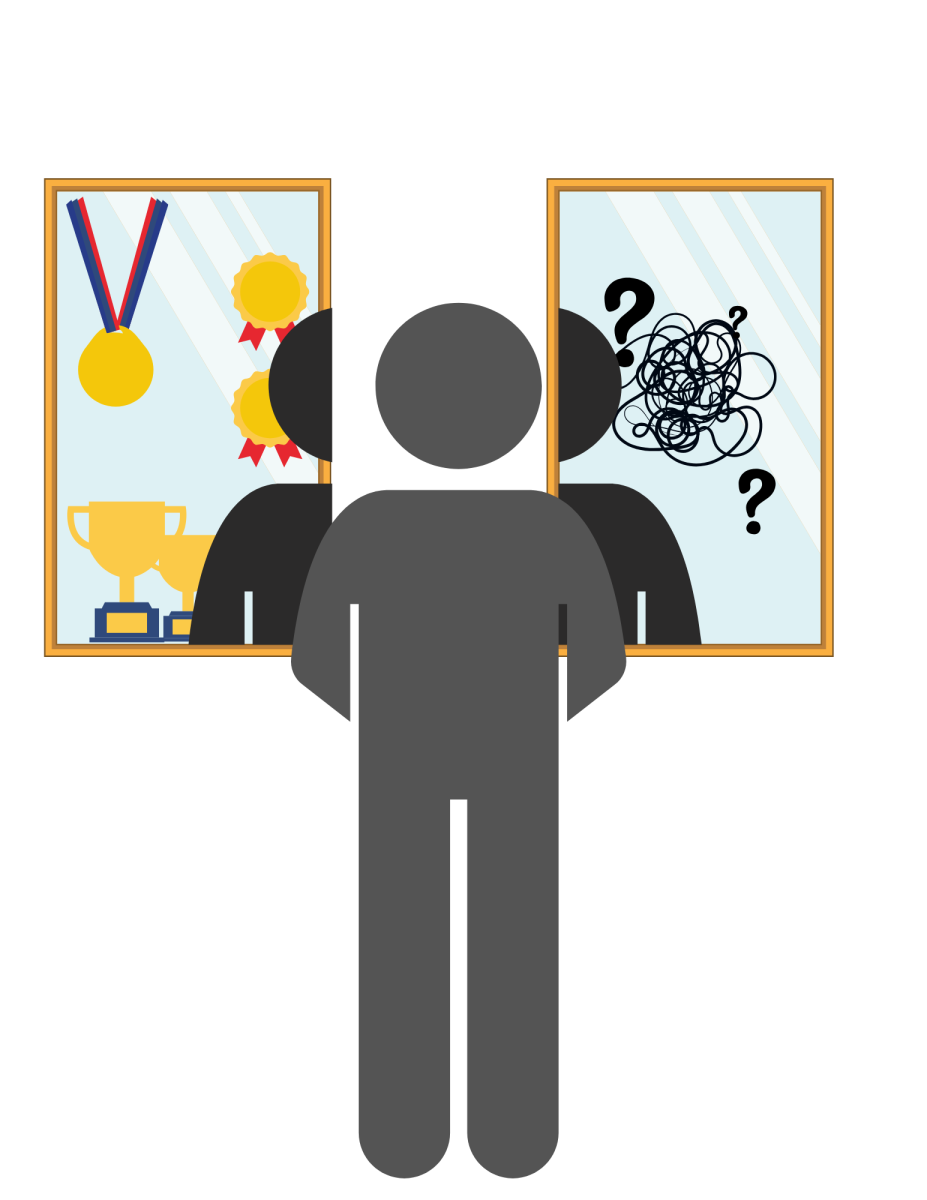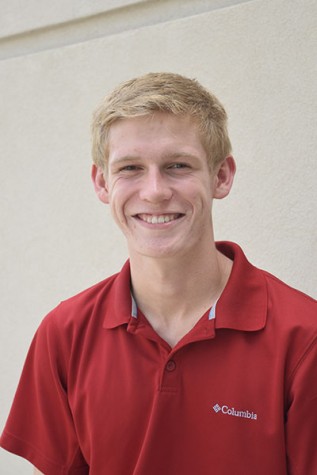For many, tennis is a hobby—nothing more than a preoccupation or couple-of-times-a-week activity. Consequently, tennis is often falsely categorized as having less grit than sports like football.
Others experience tennis only through the lens of a camera on television. The four major tennis tournaments, the Australian Open, French Open, Wimbledon and U.S. Open, take place every year and regularly captivate their audiences with feats of athletic and mental prowess.
Because of these harshly differing outlooks, tennis’s perception takes on an interesting duality. It seems that any level of tennis below the professional level is discounted as illegitimate. High school tennis often falls into this false, dismissive categorization. The Trinity Boys Varsity Tennis team is anything but a gang of country club tennis players. A large part of this can be attributed to the fresh approach of their new coach, Simon Ling.
Ling is the team’s third head coach in three seasons. Though from a continuity standpoint, this coaching conundrum would seem extremely detrimental to the team’s well being, some players, like senior captain Nat Saffran, have found a silver lining.
“I think in some ways the coaching carousel has actually helped me as a player,” Saffran said. “I [have gotten] a lot of feedback and advice from multiple coaches throughout the years.”
Other players on the team echoed this sentiment. Though they obviously see the merit in having a long-term coach, they also recognize that they have been given an opportunity to improve their game from different angles.
Junior captain Julian Rodriguez responded passively to inquiry about the coaching situation.
“We’re trying to stay focused on the season and make sure we perform at a high level,” Rodriguez said. Rodriguez adds that as a captain he feels responsible for the rare occasions when the team misbehaves and tries to keep things from getting out of hand.
Not only are Saffran and Rodriguez staying positive about their coaching situation, but they are doing their best to assist the new coach to make his job easier.
“We contribute to the greater good by running warm-ups and drills and giving feedback to players about their strokes and overall gameplay,” Saffran said.
Though this is Ling’s first year coaching at Trinity, he has notable coaching experience in his hometown in New York. Ling calls his transition a “learning experience” but thanks his fellow Trinity athletic staff and captains for easing his adjustment.
“Nat is a natural leader on and off the court,” Ling said. “Not only is he a great tennis player, but he is also a [great] team player. Helping teammates get better and supporting them when struggling are things that he does very well.”
Ling is especially impressed with the positive and encouraging energy that both of his captains regularly exude.
When compared to coaches of Trinity’s past, Ling brings a far more conditioning-heavy approach. Many of the players begrudgingly agree that this is a smart approach, as tennis matches are tests of extreme endurance.
“A lot of kids don’t work out in the off season, so it is up to him to get us back into shape,” Saffran said. “It helps our players when we are in tough, long matches, and it comes down to who can outlast the opponent.”
“I know that conditioning is not the most fun, and many dread [it], but it is important especially if [hoping to] perform at a high level,” Ling said.
He adds that though conditioning may not directly lead to wins, it will transform the team into stronger athletes and eventually more complete players.
The team expects to be anchored by Saffran’s fellow senior Daniel Levitan.
Levitan recently committed to continue his tennis career at Babson College in Wellesley, Massachusetts. Levitan is the line one player for Trinity this year and to lead the team against other schools as the season progresses. He has been playing tennis competitively since the sixth grade and has advanced to the state semifinals for three years in a row. He does not plan on his commitment changing his approach to the upcoming season.
Ling’s focus is not just at the top of his team, however. The new coach will stress technicalities and personal growth for every member of his team as the season progresses.
“I know what it is like to be at the bottom of [a] team because I was once there and also [at] the top,” Ling said. “Patience is the most important thing when it comes to coaching. Progression is the key, and knowing that every day the players are getting better not only as athletes, but as individuals.”




